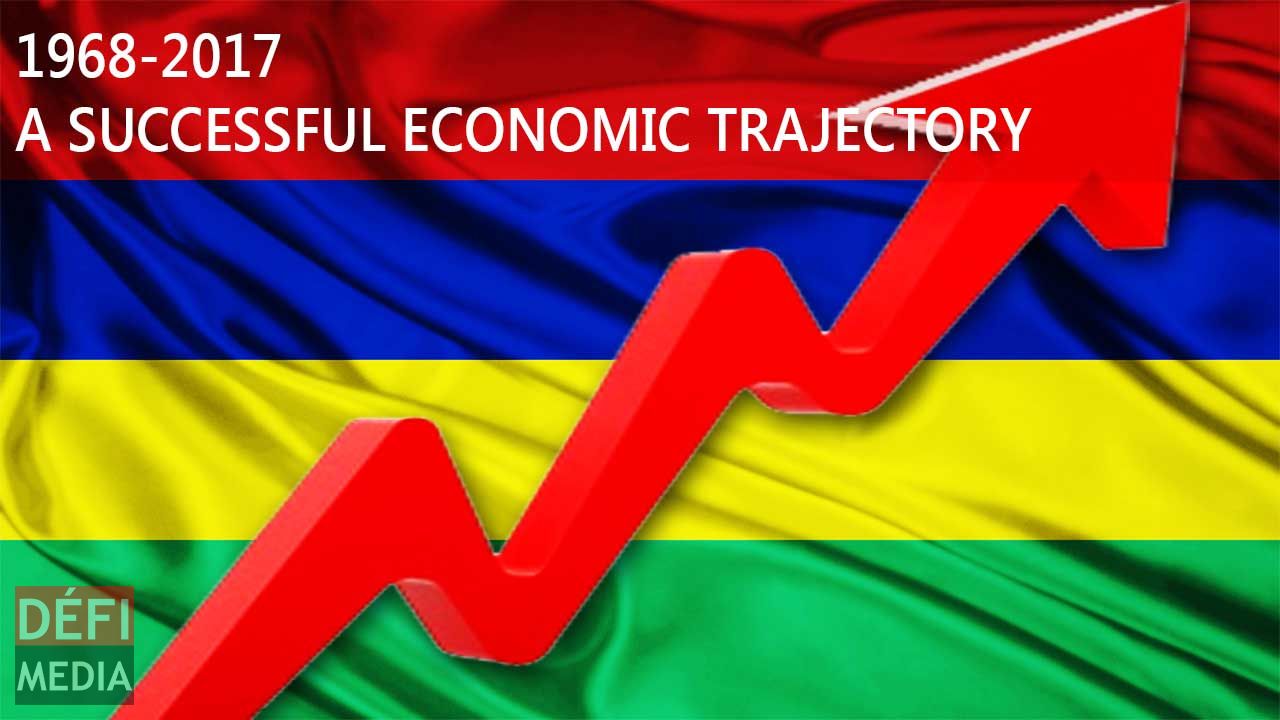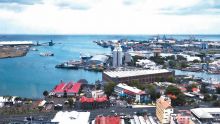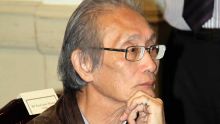
It is a known fact that James Meade, a Nobel Prize winner has predicted a bleak future for Mauritius. However, since independence in 1968, Mauritius has been constantly growing. From a low income economy and agricultural based economy, it became a diversified economy with other emerging industries. Economist Vishal Raghoobur explains the major happenings over the years and how it impacted Mauritius. According to the economist, during the early 60s, the economic and social environment of Mauritius was not encouraging. “Mauritius was more dependent on sugar, an industry which was already vulnerable due to climate changes. At the same time, the population was growing and the rate of unemployment increased. In the mid 60s, industrialisation started to begin. Incentives were given to people who wanted to set up manufacturing factories. It was more about producing locally. Nevertheless, Mauritius had a small market and the demand was very little. Due to limited market, the country had to turn towards exportation.”
Publicité
First economic boom
The 70s marked another leap for Mauritius. Mauritius began to export and the EPZ was established. “There are various reasons why the EPZ worked for Mauritius. Firstly, because the government has come with various policies catering for the need of the market and people as well as the incentives given were encouraging. At that time, labour also was available at a cheaper rate. Mauritius also signed preferential agreements allowing Mauritius to enter the European market,” he reveals.
In the 70s, the country faced serious issues, says the economist. “In the 70s, there was the global oil crisis. It was a complete deterioration worldwide and Mauritius was not spared either. Mauritius faced a real problem with budget deficit, increased unemployment rate and increasing inflation. With the Structural Adjustment Program of the IMF, Mauritius was able to redress the situation. Re-adjustments were made. This is what we refer to the first economic miracle.”
Diversification
Further diversification occurred in the 90s. “Sugar and textile continued to survive. Alongside, other industries emerged and the economic growth was stable. The finance sector, banking sector and insurance sector began to take shape. The Mauritian government also began to develop the port further. In 2000, ICT sector emerged and since then new sectors began to develop such IRS/RES in 2010.”
According to the economist, the economy of Mauritius has developed gradually over 49 years and it is still growing year by year. “If we look at our economy, we will see that even today we have the sugar industry, textile industry complementing the other emerging industries. The sugar industry today has diversified with new products and so is the textile industry.”
As highlighted by the economist if today Mauritius has had a successful trajectory, it is because of the following factors:
- Diversity
“Many experts believed that the Mauritian nation would not survive as there is a lot of ethnic groups in Mauritius. But the diversity of Mauritius emerged as strength rather than a weakness. Social stability has created an appropriate environment for economic growth.”
- Welfare state
“Each individual in the country has benefited from a welfare state. Free education and health facilities have enabled each and every individual to contribute in the economy.”
- Political stability
“Mauritius is one of the rare African countries having a history of political stability. Because of our political stability, we are able to better manage our economy. Besides, all our institutions are well developed and work efficiently.”
- Future roadmap
For the economist, our economy is a bit stagnant and we are trapped as a middle income economy but still he is optimistic of a better future. “Our aim is to become a high income economy. We already have basic factors but these are not sufficient. It is high time we become more efficient, competitive and productive.” He proposes the following measures:
- Modern infrastructure
- Innovation
- Value added products and services
- promote entrepreneurship
- Diversification and introducing new sectors

Notre service WhatsApp. Vous êtes témoins d`un événement d`actualité ou d`une scène insolite? Envoyez-nous vos photos ou vidéos sur le 5 259 82 00 !





















